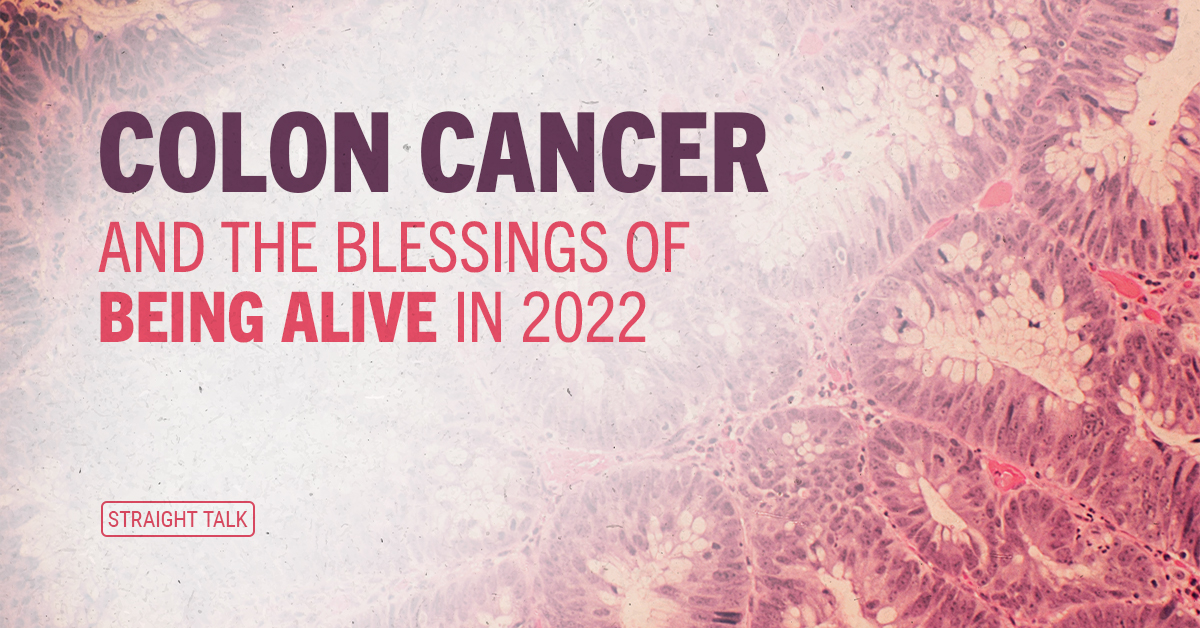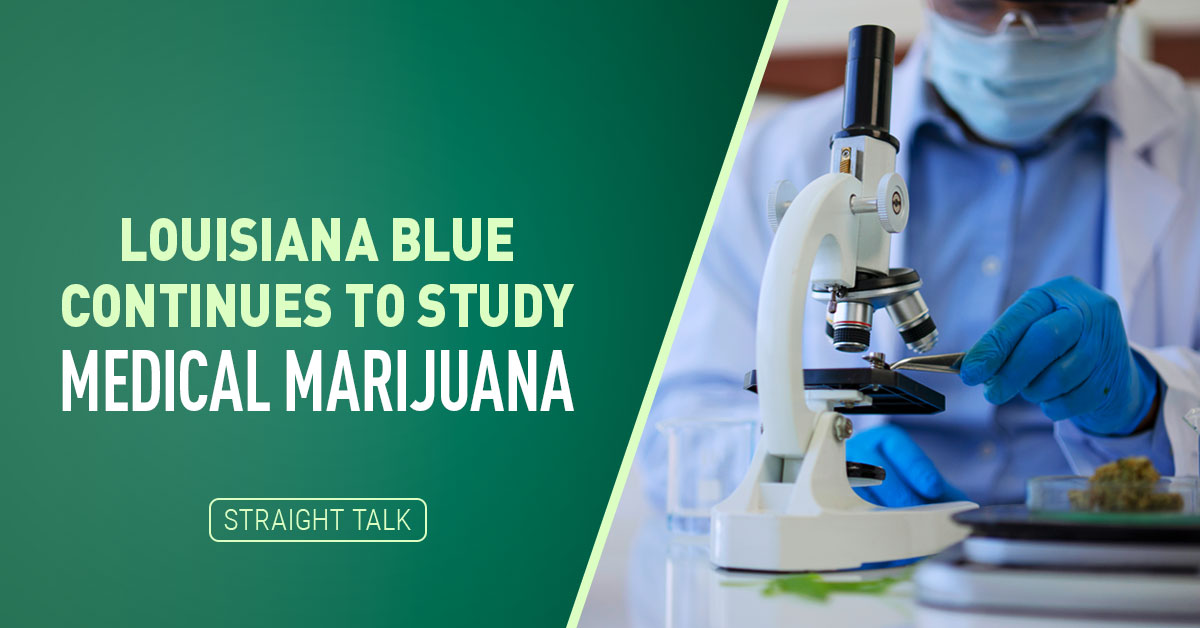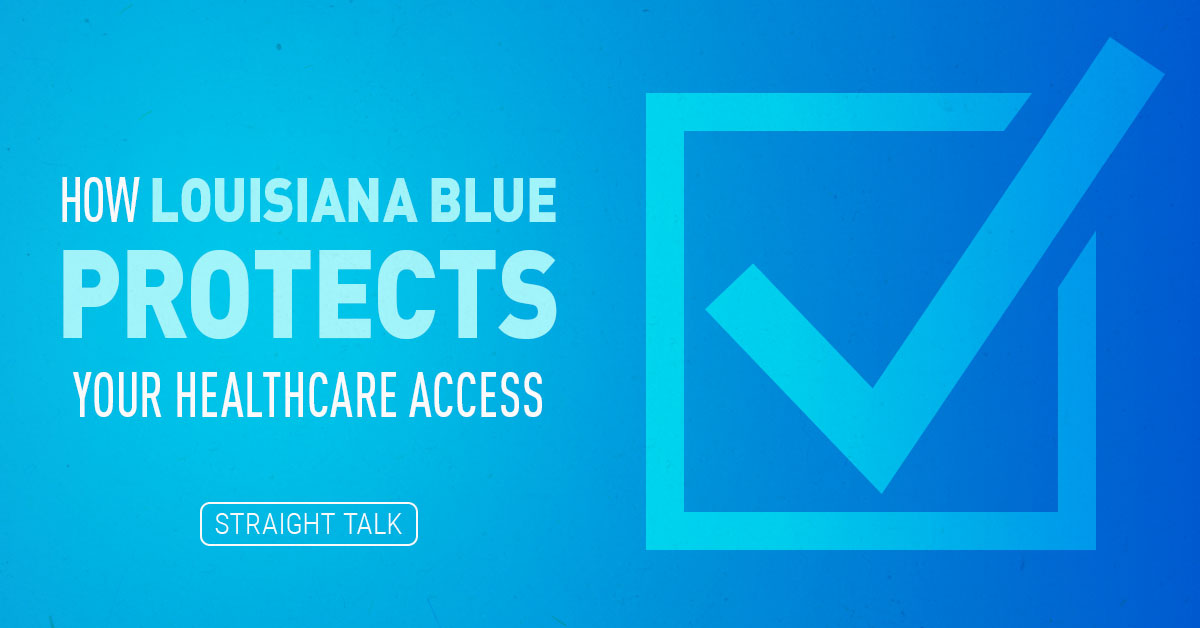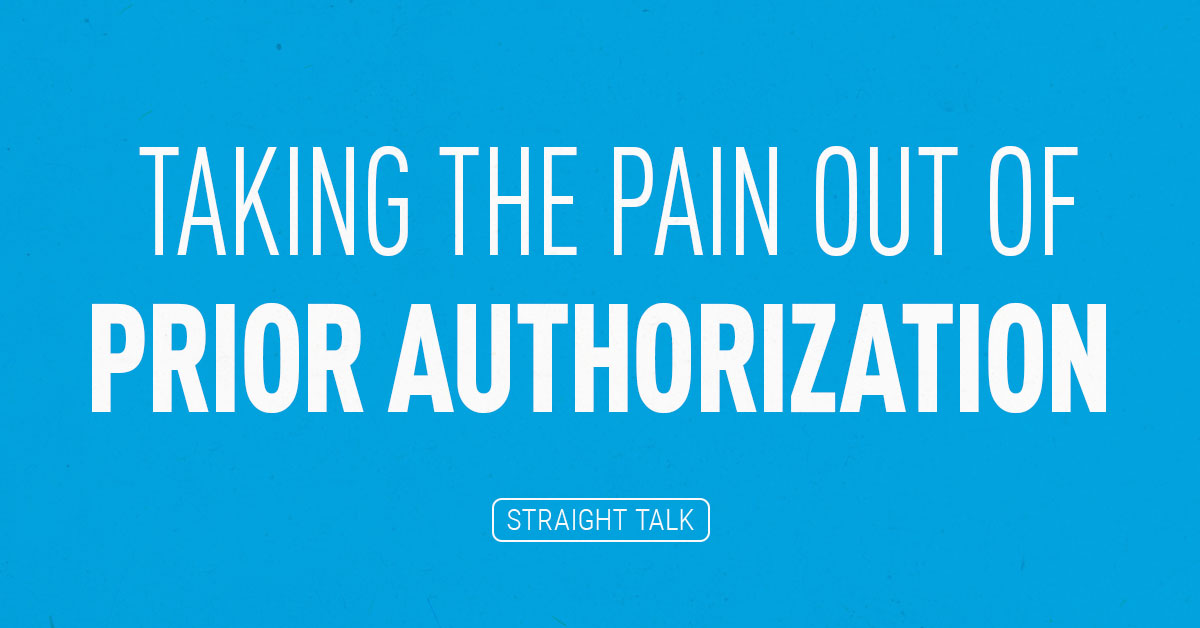In August 1983, at the tender age of 22, I faced a team of doctors giving me VERY bad news” “We’re sorry, Mike, but you have a malignant form of bone cancer in your right femur. The tumor is sizeable (23 centimeters, almost 9 inches long!) and is consuming your bone. You have a few treatment options…”
Honestly, at that point, I began to really zone out, my mind being too overwhelmed to absorb any more information. I was alone with that team of docs because I had INSISTED on being treated like a grown-up and taking care my own health care. Yeah, I’ve questioned that decision a few times.
The odds were that tumor had been growing for about a year, giving me no indication anything was wrong until it started pressing on a nerve above my knee. That pain sent me to the doctor, but I just thought I twisted it or something. So, I went to get an X-ray, which is how my doctors found the tumor. Otherwise, I would never have known about it until bones started breaking. And to get to that point would have meant the tumor was getting bigger and the cancer likely spreading.
Fortunately, I caught it all in one place. That’s not always how it goes.
In 1983, cancer treatments really fell into three different camps: poison, burning or surgical removal (or some combination of the three). Chemotherapy was basically poisoning a tumor and hoping to kill it before there was too much collateral damage to the patient. Burning involved high-powered, targeted radiation treatments. Surgical removal, in my case, would have involved an amputation of most of my right leg.
As you might imagine, none of that felt therapeutic or safe. But it was pretty much the state of medical treatments for cancer in 1983. The good news is, through a combination of chemotherapy and surgery, I’m still here, with most of my leg still intact (I have the coolest giant prosthesis that plugs into my hip and goes all the way to below my knee, causing havoc in every airport I walk through). But trust me when I tell you that if there is ever a way you can avoid needing intense treatment by catching any type of cancer early, you should definitely give that a shot. You’ll thank me.
Screening Saves Lives
That brings me to 2022. The type of cancer today that is the third-most-likely to kill you is colon cancer. Louisiana is a colon-cancer hotspot, with only four states reporting higher rates of colon cancer than we have here. Even worse, fewer Louisianians get screened when they should than in most other states. There is no reason for this happening in 2022. More about that in a bit.
By now, we’ve learned that colon cancer doesn’t just appear out of thin air. Most cancers of the colon start out as little bumps or sores inside your colon, called “polyps.”
Polyps themselves are not particularly dangerous until they grow into cancerous cells, but that happens way too often. Most people, especially the ones with colon cancer in their families, start to show a few polyps by the time they are in their 50s. How can you tell what is or isn’t growing inside you, especially if it doesn’t typically cause symptoms until it’s grown into a very big problem?
There’s really one “gold standard” way to check the health of your colon and accurately figure out your risk of getting this deadly and horrible type of cancer that affects your lower intestine. That is to have a colonoscopy. A colonoscopy is essentially a procedure where they give you some really good drugs to relax you and put you in a light sleep, while a very thin tube with a camera on the end is inserted into your colon so the doc can have a look around. If he sees any of those troubling polyps in there, he can usually remove them on the spot. Gone. Just like that.
45 Is the New 50
This procedure is so important and effective at catching pre-cancerous lesions that the federal government DEMANDS that all health insurance companies pay for the screening at first dollar, no copays or deductibles required, starting at age 45. That’s a recent change – until 2021, the recommended age to start screening was 50. But now, medical scientists have realized it’s important for folks to start screening younger to increase their odds of catching colon cancer early.
After reading the literature on colonoscopies, I had my first one at age 52. To be clear, there is no colon cancer in my family, but I wanted to be sure and I met the age recommendation at that time, so I went ahead and had one. Starting the day before the procedure, you have to drink some medicine and/or take pills that flush out your colon completely. That’s important so the doc can get a really good look at your clean insides. You might imagine this would involve spending some time in the bathroom, and you’d be right about that. Most people say the “colon flush” is the hardest part of the treatment, but the good news is, it’s all over very quickly. And that post-colonoscopy meal is very well-earned.
At my first colonoscopy, the doc found a couple of polyps and removed them. Normally, after age 45, you’d have another colonoscopy every 10 years, but when they find something, they tend to tighten up that schedule a bit, so I had my second one 5 years later. Some more polyps had shown up, so I’m now on a three-year schedule. Can you imagine if those first polyps from eight years ago were still in there? I might be in a much more serious situation by now if I hadn’t had the original check and follow-ups.
But Really (pun intended) – Ask Your Doctor About Screening
But this is the state of medicine in 2022: we screen for dangerous cancers ahead of time, head them off before they get dangerous, and SAVE LIVES. If you play ball, that is. Screening only works if you have the test. If you are 45 or older, or if you have a history of colon cancer in your family, or if you’ve been diagnosed with other bowel issues like IBD or ulcerative colitis, or you have any symptoms that make you think something may be happening in there, talk to your primary care doctor at your next check-up or appointment. She or he will guide you into the process and give you advice on when to start screening
We think colon scans are so important that we’ve added the procedure to our SmartShopper pricing tool. That shows all the facilities within an hour’s drive of your location and how much your colonoscopy would cost at them. Insurance will typically cover the scan itself at low or no cost as a preventive screening, but there may be charges if they find polyps to remove and then have the lab work done to evaluate how dangerous they are. You can get a feel for that exact out-of-pocket cost in the Blue Cross SmartShopper tool. There is quite a difference in prices for all the places that perform a medical procedure, so I always take a look before I schedule one.
Other health plans have similar shopping tools that you can check out. And, if you’re unsure about what you’d pay for a colonoscopy or any screening, contact your health plan Customer Service department ahead of time to ask about how it’s covered. That number is usually printed on your ID card.
March is Colorectal Cancer Awareness Month, and we want to help call attention to the ways screening saves lives. Yes, colons and bathroom matters can be a tricky thing to talk about, so we want to help you feel prepared and comfortable to have these conversations. It’s critical stuff. And trust me – your doctor is not embarrassed to talk about It.
I know many of you had checks, tests and procedures delayed over the past two years, as we struggled to figure out how to live our lives with COVID as part of them. If you had to delay or put off a colonoscopy for any reason, please jump right back in and get it done. It’s easy, very safe and may save your life. I’ll be having #3 this year (at 61 years old), and I’ll be thinking about every one of you. And remember, 45 is the new 50 – if you’re turning 45 this year, it’s time to talk to your doctor about colon cancer screening.
Straight Talk is, it’s a miraculous age we live in, where we can “see” cancer before it’s actually cancer and get rid of it! But you’ve got to get screened. Don’t hesitate!





Oh my, Mr Mike. Didn’t know you went through that at such a young age, so you are really speaking from personal experience. I would imagine that’s why you got into the insurance business? I am currently 61 years old, and have had 2 colonoscopies so far. But i have put off other check-ups and tests due to COVID, but I plan on taking care of that. I am currently recovering from COVID now. My husband brought it home to me. Thankfully, I am fully vaccinated. Hoping to make a full recovery.
Thank you for sharing and for all that you do to motivate people to take care of their physical health. Take care.
I had exams at age 50,60,70, all clean. i should not need any more.
this article was masterfully written. It was very informative and in layman’s terms. It was also very motivating. Anyone with any common sense would be motivated to go for a colonoscopy after reading this.
Mary Anne!
Thanks for your kind words! I’m glad Straight Talk was able to reach you at that level, and appreciate your support!
Cheers!…mrb